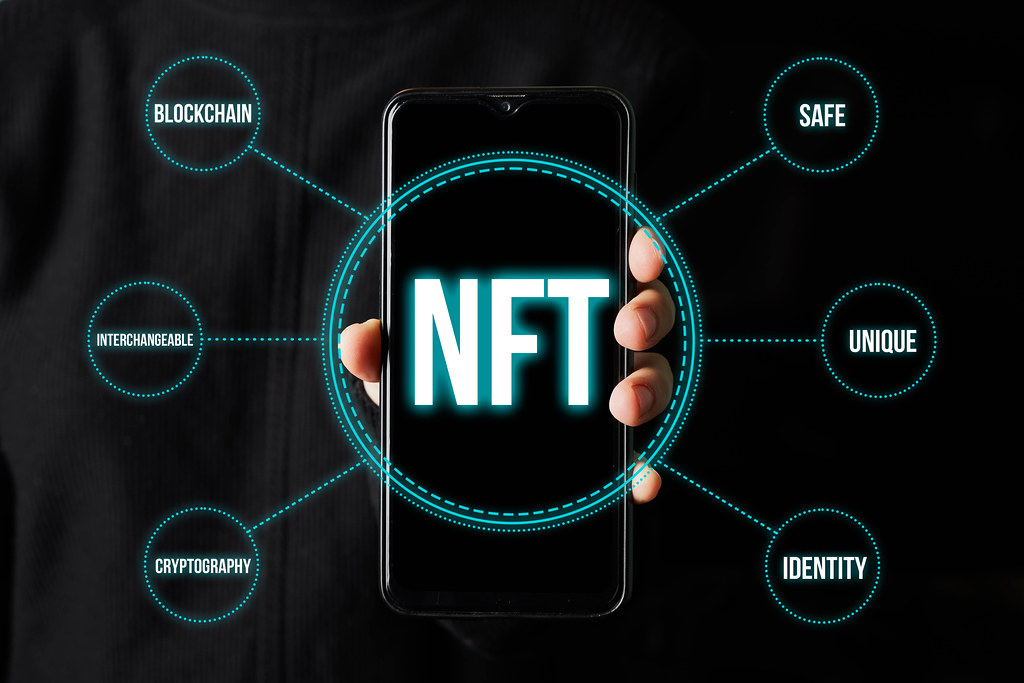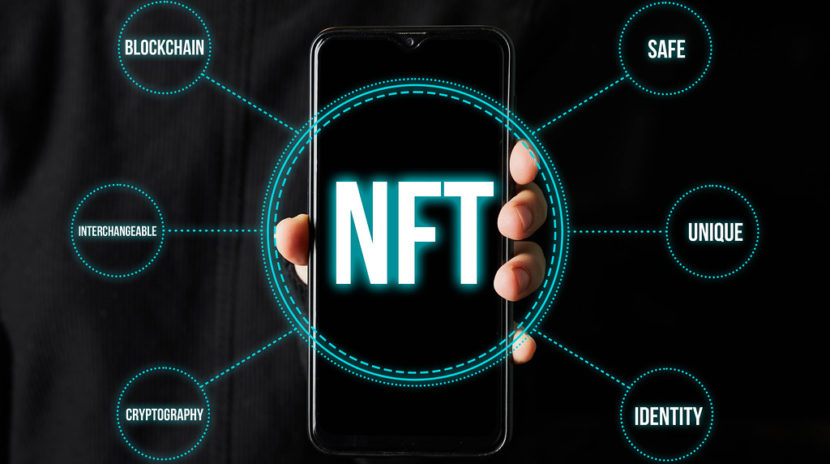How NFTS will Help Brands and Individuals Protect their IP (Intellectual Property)
Non-fungible tokens (NFTs) are conquering the internet, as this previously unknown technology is being used by businesses and people alike to interact with consumers and derive profit from digital assets. In terms of intellectual property, and NFT is an intriguing idea- here, we researched whether NFT-related innovations may be secured by IP rights.
- What is an NFT?
An NFT is a unique cryptographic asset that is linked to an entity. It makes use of blockchain technology to track ownership and verify validity. Every person from Elon Musk to Lindsay Lohan seem to get engaged, with recent high-profile NFT examples including the new Kings of Leon album and the world’s first tweet.
NFTs are not really a new idea; they’ve been deployed in games for a long time. Earlier applications include Cryptokitties, which allows users to use NFTs to breed collectable digital cats. They may also be utilised inside gaming settings to represent in-game objects that the user can manage rather than the developer.
- NFTs future Uses
While the world works out how to make NFTs more widely available, their future prospects are rather unclear. Innovators, on the other hand, are surely considering how these cryptographic assets may be utilised to address technological difficulties. It appears that there is a treasure trove of potential applications in any sector where access to an item, physical or virtual, is critical.
In today’s service-driven society, ownership of things isn’t always as crucial as flexibility. NFTs appear to have potential applications in sectors such as Software as a Service (SaaS), Battery as a Service (BaaS), and Mobility as a Service (MaaS), where accessibility to an asset, instead of ownership of an asset, is the primary income source. NFTs allow proof of a user’s right to access an asset at a given place and time to be delivered, and the storage of the NFT on the blockchain may be used to activate that item while benefiting from the related immutability and security.
There appear to be possible uses in domains such as watermarking, in which an NFT might be used to check the validity of a piece of information, and steganography, in which an NFT can be used to mask a piece of information inside another piece of information. However, as will be demonstrated further down, NFTs should not be mistaken with the inherent assurance of the legitimacy of products.
- Is it possible to patent an NFT-based innovation?
If you are pioneering using NFTs, you may be able to acquire a patent if your innovation solves a technical issue.
The patent system allows for a fairly broad interpretation of a ‘technical difficulty,’ but the software-leaning character of NFTs implies that patenting inventions that use NFTs will require more caution than those based on the physical sciences.
It will be essential to explicitly describe how the NFT aids in the resolution of the technical problem, whether it is related to blockchain, copyrighting, or another sector.
However, it should be noted that solutions to issues that appear to be non-technical are frequently inspired by technical concerns, and it would be prudent to explore patent protection for them as well. Because many commercial and business problems may be handled through technological methods, failing to get patent protection for these answers might deprive your company of a critical intellectual property right that can increase the value of your company.
- Can an NFT ensure a product’s authenticity?
The promise of blockchain to tackle counterfeiting has been widely explored, however, NFTs do little to help. While NFTs can validate the work and the chain of title, the problem remains that if the initial ledger record is incorrect or includes mistakes, NFTs will merely affirm and perpetuate the untruth. While some platforms are attempting to remedy this, it is easy to see how the system might be abused. Great care should be taken until safety inspections are foolproof and customer comprehension improves.
- Is it possible for an NFT to transfer copyright?
The short answer is yes, but this is not an automated procedure. It is critical to distinguish between ownership of the NFT with ownership of the content and/or IP rights included therein. NFTs are accompanied by ‘smart contracts’ that effectively control how they may be utilised and the rights provided to the owner. The rights given by an NFT are determined by the contract and may differ from token to token.

As with other copyright assignments, ownership will only transfer if the creator of the original work specifically provides for and agrees to it. Ownership of an NFT does not give ownership of the digital asset, the core content, or any related IP rights in the absence of such stated terms. As a result, the NFT owner is not permitted to duplicate, create derivative works from, perform, exhibit, or distribute copies of the content. These actions remain the sole realm of the copyright holder.
Clearly, there is a significant disparity in the terms and rights provided to NFT owners. Some licences provide the owner of a non-exclusive moment the right to “use, copy, and display” the moment only for “personal, non-commercial use,” “as part of a third-party website or app” or “as part of a marketplace”. The CryptoKitties licence is more lenient, allowing NFT owners to commercialise their cats as long as they do not generate more than $100,000 in gross income each year.
According to the licensing for the Kings of Leon album, the NFT owner has the right to present the art and accompanying products for as long as the buyer holds the NFT, but only for personal use. It is explicitly banned to use such as in third-party goods or in films and other media. This operates in the same manner that most music download transactions provide inherent permission.
Get in touch with us by clicking here to find out more about IP protection.
——————————————————————-

